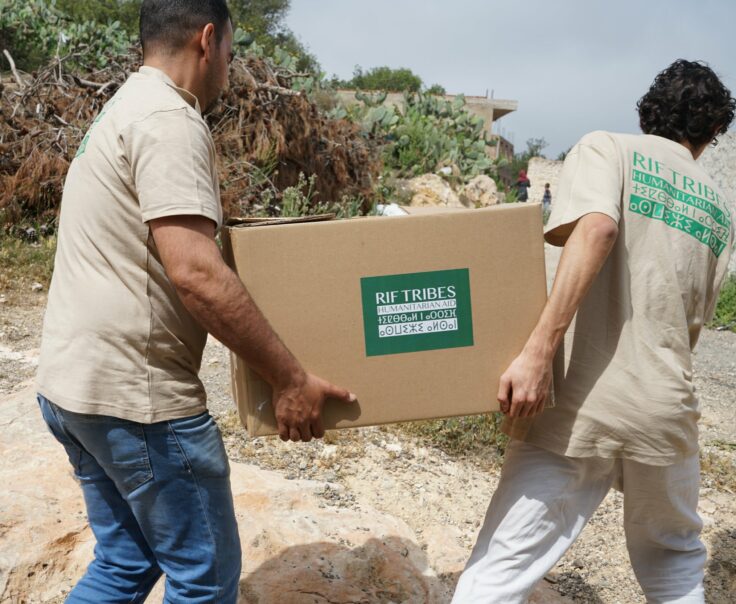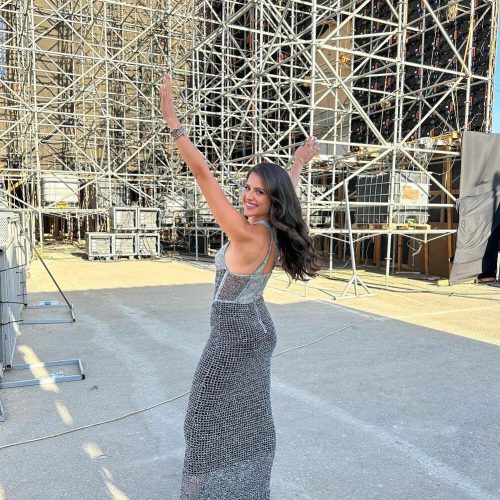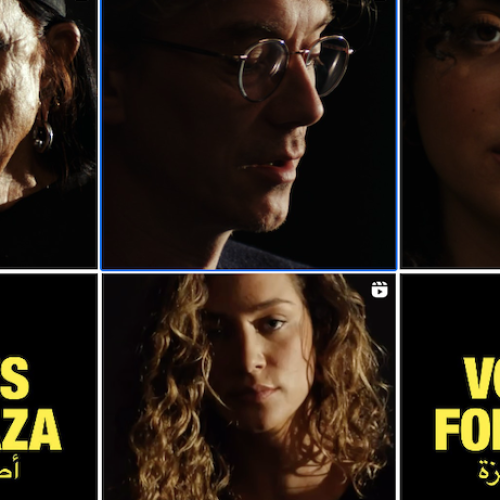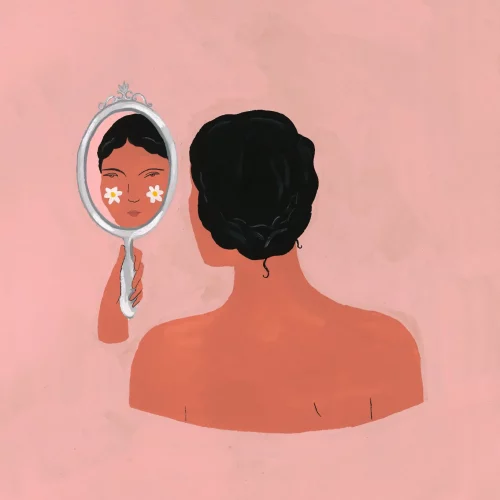Morocco is still recovering from the devastation following the catastrophic 6.8 magnitude earthquake that occurred on Sep. 8. According to the International Media Corps, the earthquake was the most powerful Morocco had experienced in more than a century, and the deadliest since 1960. Additionally, according to Moroccan authorities, at least 2,946 people have been killed and 5,674 injured by the quake, with more than 2,500 severely or critically injured. More than 380,000 people have been affected by the earthquake. The number of injuries and fatalities is expected to rise as search-and-rescue efforts continue. Now more than ever, It is important to continue to shed light on how as a community we can continue to aid the tragic damages and losses that have occurred due to the crisis.
Since the earthquake’s epicenter was Marrakech and surrounding remote villages in the High Atlas Mountains, rescue relief is now focused on hard-to-reach communities. That’s where foundations like Rif Tribes come in— playing an imperative role in restoring what was damaged or lost, in areas that were already neglected and hard to reach.
Rif Tribes was originally founded in 2022 by 21-year-old Sidi Massinissa of the Rif as a response to his own frustration towards the injustices in this world, and specifically in his hometown Morocco. “I’ve grown up in Europe, and I consider myself an extremely privileged person,” Massinissa told MILLE, opening up about the contrast between his European upbringing and visiting the Rif in Morocco.
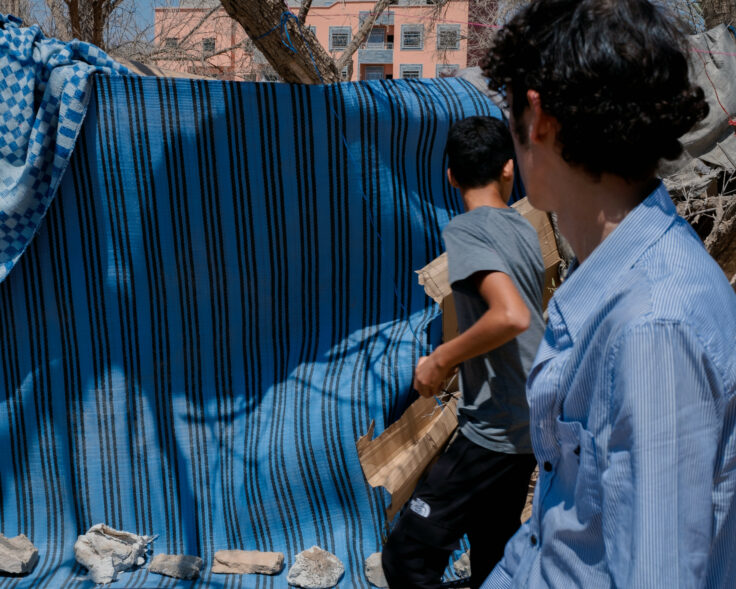
“The Rif is a very marginalized area, one of the poorest in Morocco, and the one with the most cancer cases due to the war with Spain. I was seeing some of my family members struggling to eat, while others risked their lives by going on boats headed for the West. I grew really frustrated, and asked myself what can I do? So I decided to gather all of my friends in the Rif, and in the diaspora, Spanish friends, international friends, and I was like ‘hey I want to create a youth-led charity.’ Youth decision-making is not included in most of the world, and even less in Morocco,” he says.
After gathering the youth from within Morocco and beyond, Massinissa started with humanitarian aid and tribal assemblies, because in order for them to proceed with the initiative they had to get the blessing and permission of the Rif tribes. “We gathered the entire tribe of women, men, children, the head of the local mosque, and the head of the local tribe. We listened to everyone, we heard their worries and their needs, and that’s how everything started. From there, we started to build different projects. We’ve done humanitarian aid, we’ve done maternity aid, and we’re working with the state to build one of the first ever 100% art schools in the RIF region. There’s many more projects that we are working on with different charities, with the local authorities, and with international cooperation agencies. (The Rif Tribes) is still a really small charity, but the impact we actually have is ridiculously larger than organizations that have millions and that are working in the same region that we do. It gives me a lot of pride to see how, even if some people have absolutely nothing, they’re still going to put 1,000% of their energy and their time to make other’s lives better,” he explains.
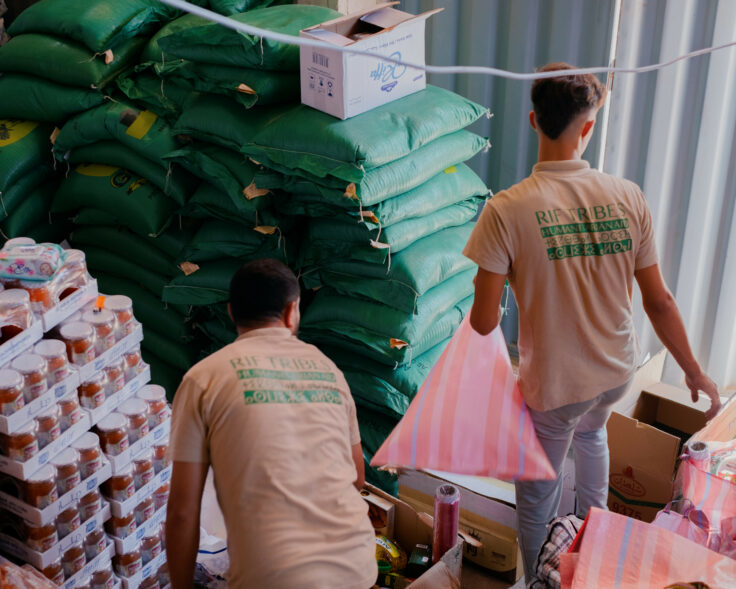
The Barcelona and Al Hoceima-based president of Rif tribes reveals that the reason he is able to foster people’s attention and respect so rapidly is because his family has had a longstanding history within the Rif region. In fact, his family was in charge of running the anti-colonial wars against the Spanish and French Empire before Spanish independence.
“My great-great-grandfather Amghar Mohammed Ameziane, Prince of the Rif was the last prince of the Rif, who was killed in battle by the Spanish army,” he shares. “That connection with my land and my family, where they are always working to make the Rif the best they can, both 100-years-ago and now, really struck me. So, I decided to follow in my family’s footsteps and continue the legacy.” For instance, when the earthquake happened in Al Hoceima in 2004 that claimed thousands of lives, the Massinissa family was the first to respond to help as many people as possible.
As soon as the 21-year-old heard about the earthquake, and the devastation that ensued in the Atlas Mountains, he immediately booked the first flight from Barcelona to Morocco. First, he published a letter directed at the art world, calling for the industry to take part and help in any way that they can. “At Rif tribes we have a very specific vision because my family is very connected to the art world, and I’ve been surrounded by art my entire life and I understand and have seen its power and influence, not only on a monetary level, but on a public influence level,” explains Massinissa. After his call to the art world, Rif Tribes managed to raise funds up to 200,000 euros in less than a week.
His relief efforts towards the most recent tragedy are just as worthy of applause. “We have set up a base camp three hours south of Marrakech where we have a warehouse with 30 tonnes of emergency supplies. We have everything from hygiene products and food to child care. There are also more supplies on the way, including blankets, tents, and mattresses for the victims that have lost their homes,” revealed the Rif Tribes president.
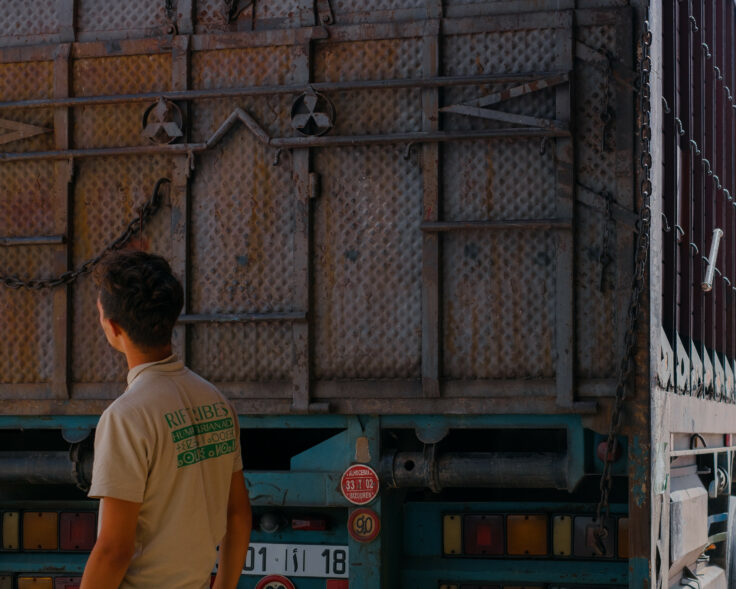
“We are going to be focusing all we have on the Atlas Mountains. Even before the earthquake, it was one of the most neglected areas of the country, and now it’s going to be even more marginalized. People have lost their homes, they’re going to be forced to sell their lands for dirt cheap. Their property is going to be sold to some developer to transform into a resort or some incredibly unsustainable and untraditional urban developments,” explained Massinissa. “We’re focusing on victims that were already hard to reach and right now, the work that charities and the state are doing will determine whether they’re going to live or not. That’s our priority right now.”
When asked what the outside community can do to help the people affected by the crisis in Morocco, Massinissa says: “You can spread awareness. You can get your friends together, you can even come to Morocco and help directly. You can share the work that charities are already doing or donate whatever you can. It’s these small gestures that really make a difference and really get the community together.”
For more information on how you can help, and donate, please visit the foundation’s website https://www.riftribes.org/, and check them out on Instagram to keep up with the amazing work they are doing.





